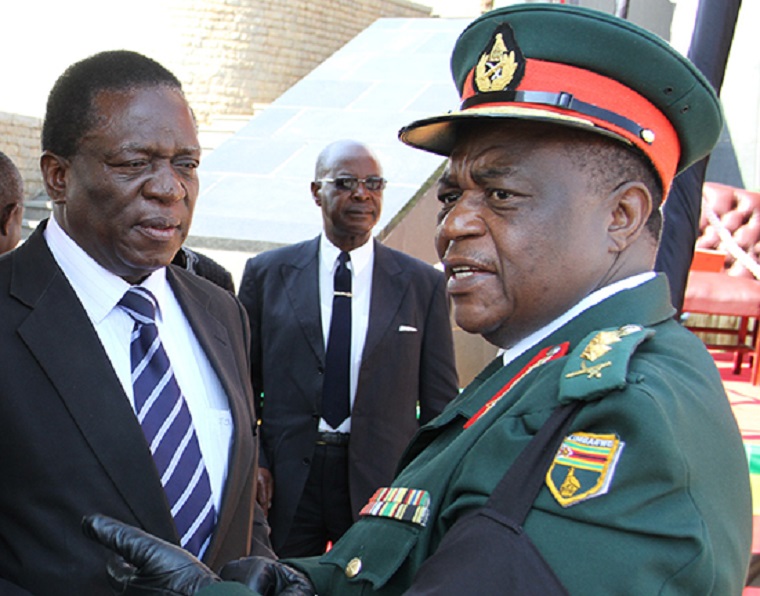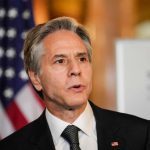Firstly, he aggressively shook up the military leadership in 2019, retiring or reassigning Chiwenga’s allies. Secondly, he forced a raft of constitutional changes through parliament in 2021 that, among other things, gives him the authority to appoint and fire his vice-presidents.
These moves were meant to weaken Chiwenga’s hand in ZANU-PF politics, culminating in his ouster as vice president at, or in the run-up to, the elective congress. But the operation failed. Mnangagwa had no choice but retain Chiwenga, who will keep his high profile position and access to state patronage to parcel out to allies in the party and military.
The President wished to avoid this scenario by imposing a more malleable second-in-command. His failure to do so makes any notion of a grand strategic victory hollow.
According to some of Chiwenga’s allies, the retention of the vice-presidency does not just maintain the status quo for now but takes the former army chief one step closer to his long-held ambition of ascending to the presidency. They suggest that Chiwenga’s plan to take power is still based on the agreement he made with Mnangagwa around 2014, when the latter became vice-president to Robert Mugabe. The alleged deal was that Chiwenga, as head of the armed forces, would aid Mnangagwa’s rise to the presidency; in return, Mnangagwa would step down after one term to pave the way for a Chiwenga presidency.
If this still is the plan, as the vice-president’s allies claim, it remains on schedule. Chiwenga led the coup against Mugabe in 2017 that brought Mnangagwa to power and helped the new president win elections in 2018. According to the timeline, it would now be Mnangagwa’s turn to win elections in 2023 and then move over for Chiwenga. In other words, the 2022 congress – coming less than a year before potentially tricky national elections – was never the time or mechanism through which power was to be transferred.
None of this is to say that Mnangagwa will give up the presidency easily, deal or no deal. He will be egged on by his allies, who have become wealthy through state patronage, to stay in power. Furthermore, he will be unlikely to trust Chiwenga to protect him if he does step down. Mnangagwa may be particularly worried by Chiwenga’s apparent desire to appoint Saviour Kasukuwere – the leader of the Generation 40 faction, which struggled against Mnangagwa between 2014 and 2017 – as his vice-president.
If the battle between Mnangagwa and Chiwenga reaches an impasse, what will happen? Zimbabwe’s tumultuous political landscape is famously difficult to predict, but we may do worse than looking to the warnings of First Ladies.
In the last days of Mugabe’s rule, Grace Mugabe never lost an opportunity to tell supporters and the world that Mnangagwa and Chiwenga were organising a coup. Similarly, in a leaked audio from 2018, current first lady Auxilia Mnangagwa broke down as she accused a senior military commander of planning to assassinate her husband.
In the dark politics of Zimbabwe, where paranoid first ladies run parallel security and intelligence structures – Auxilia Mnangagwa was an intelligence officer herself – those clues matter. In many ways, they illuminate the trajectory of Zimbabwe’s succession politics more clearly than official pronouncements and internal party vote tallies.
By Simukai Tinhu for African Arguments?
(192 VIEWS)

